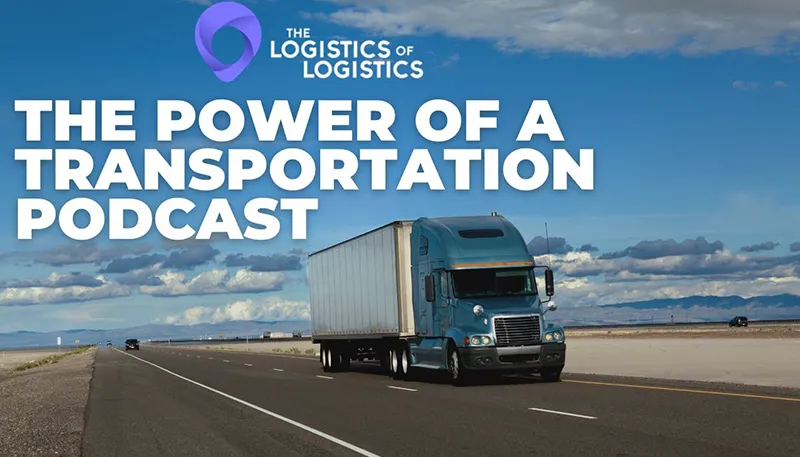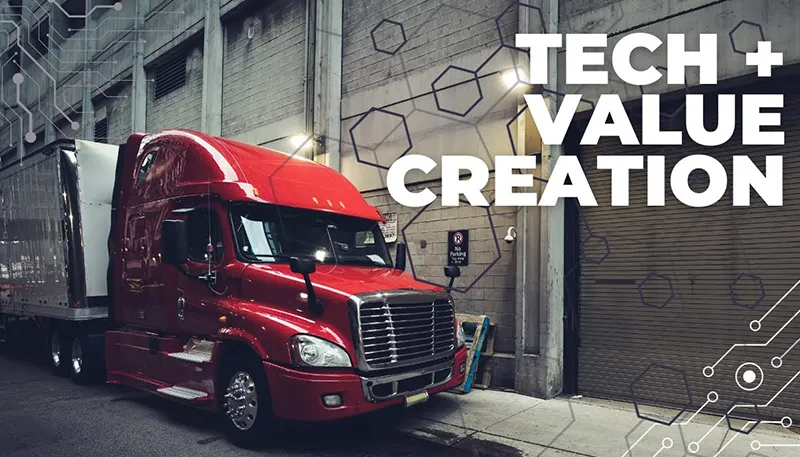Guest Columnist – In the Hot Seat with Troy Hogan, CPA, Katz, Sapper & Miller
Posted on June 25, 2018 by Spencer Tenney

Troy Hogan is a director in Katz, Sapper & Miller’s Transportation Services Group. Troy regularly advises clients in a wide variety of accounting, tax, and business matters and consults on the management of business issues specific to the transportation industry. He helps clients implement tax planning strategies related to per diem, fuel tax credits, and entity restructuring, and has extensive experience in tax planning, tax compliance, and financial statement analysis.
Q1: Did the recent tax reform have a major impact on the trucking industry?
Taxpayers have not been subject to this kind of overhaul to the tax code since The Reform Act of 1986. When you do the math, that was more than 30 years ago! It will be interesting to see how this impacts the industry as a whole, but one thing for certain is that it will affect all carriers differently. For example, there will be varying ramifications under the new law depending on if you are an asset or non-asset based carrier, if you use employee drivers or owner operators, and if you lease or buy your equipment.
Q2: Are there any changes to depreciation and equipment transactions?
For equipment acquired and placed in service after Sept. 27, 2017, taxpayers will be allowed to write off 100 percent of the cost under the revised bonus depreciation rules. The 100 percent write-off will begin to phase down 20 percent per year starting in 2023 until it is scheduled to sunset at the end of 2026. Under the old law, bonus depreciation only applied to new property, but has now been expanded to include used property as well. Keep in mind that many state jurisdictions do not allow bonus depreciation and require an adjustment to taxable income.
Section 179 limitations have been increased to allow for expensing of up to $1 million of equipment as long as total equipment purchases for the year do not exceed $2.5 million. The Section 179 limit for heavy SUVs remains at $25,000. Both of these amounts will be indexed for inflation for tax years beginning after 2018. As with bonus depreciation, many state jurisdictions require an adjustment to taxable income for Section 179 deducted in excess of $25,000. Interestingly, some states allow the bonus depreciation but not the Section 179, and vice-versa. This will create some tax planning opportunities for trucking companies that have significant mileage in one of these states.
Like-kind exchanges have been a popular tool to defer gains on equipment sales, but, going forward, their use will be limited to real property transactions. While at first this might seem detrimental, the tax effect will be mitigated in the mid-term with the 100 percent bonus depreciation allowance. S corporations with built-in gains exposure (was a C corporation within the last five tax years) will be impacted by this law change as like-kind exchanges, were an effective tool used to defer built-in gains.
Q3: Will tax reform impact my company’s per-diem program?
Many trucking companies have successfully implemented per-diem programs to aid in driver retention and to put more money in the drivers’ pockets. There are no changes in the new tax law to these “company sponsored” per-diem plans. For employee drivers of companies that do not offer a per-diem plan, under old law, they were able to claim their own per-diem deduction as a two percent itemized deduction. Under the new law, two percent itemized deductions have been suspended and it is possible that your employee drivers may now face a tax increase. However, the standard deduction has also been doubled, and tax rates overall have decreased, so the actual tax impact will be unique for each employee driver. For companies that have previously considered adding a per-diem plan, but have yet to do so, now is a great time to reconsider this recruiting strategy.
Q4: Will the new tax law affect tax rates and entity tax considerations?
One of the primary goals of tax reform was to enhance the competitive landscape of United States businesses through a reduction in the corporate tax rate. The new law was successful in this area, slashing the C corporation tax rate from 35 percent to 21 percent. S corporations and other pass-through entities were not left out, as there is a new 20 percent deduction for domestic “qualified business income”. This new deduction is subject to complex limitations but could result in an effective tax rate as low as 29.6 percent.
Trucking companies that are currently S corporations might be wondering if switching to a C corporation may be beneficial to take advantage of the lower corporate tax rate. Careful entity choice consideration must be given before deciding to revoke your company’s S corporation election. C corporation earnings will continue to be subject to double-taxation, and therefore under many scenarios, S corporations will still have an overall lower effective tax rate. Additionally, S corporations are not subject to gross income limitations when choosing the overall cash method of accounting that many trucking companies enjoy. As an additional consideration, S corporation shareholders that have suspended losses would forfeit those losses upon revocation.
Q5: What advice do you have for trucking companies that are trying to understand the new legislation?
One of the goals of tax reform was a simplification of the tax code, but the end result could not be further from the truth! There are significant changes, complete with many nuances and complexities, and a hasty reaction might result in unintended consequences. The new tax law will require businesses and individuals to take a careful and well-thought-out reassessment of their long-term tax strategies. KSM has a team of professionals who are well-versed in tax reform and dedicated to the transportation industry to assist carriers with this unique opportunity.
For questions on how these or other new tax provisions apply to your trucking company, please contact a KSM advisor or check out www.ksmcpa.com for additional information about tax reform, long-term planning strategies, and more.
About Katz, Sapper & Miller
Katz, Sapper & Miller’s Transportation Services Group is one of the largest and most experienced in the country. Our multidisciplinary team provides tax, accounting, and business consulting services to more than 100 publicly and privately held carriers throughout North America.


